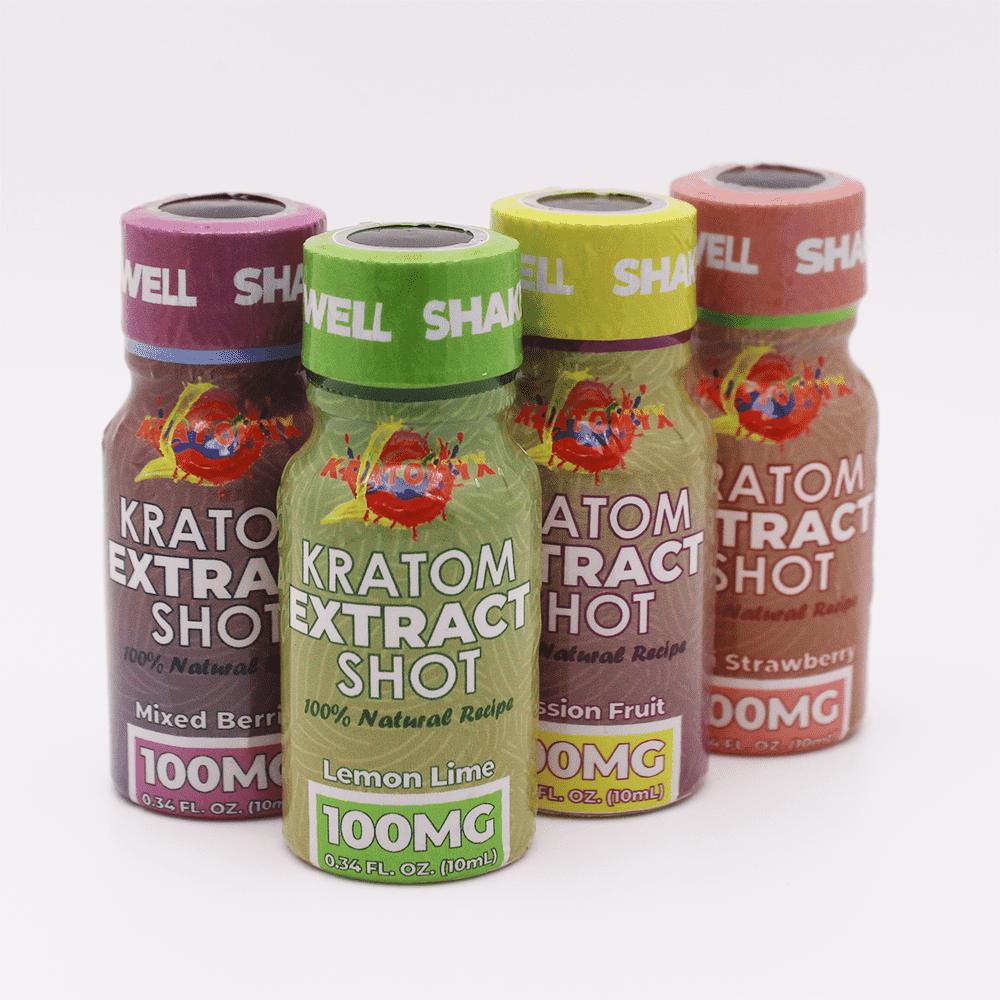
The Current Kratom Legal Status and Future Prospects
Share
Kratom: The Current Legal Status and Future Prospects
Kratom, a tropical tree native to Southeast Asia, has garnered significant attention over recent years. Known for its stimulant and opioid-like properties, kratom has sparked debate among health professionals, policymakers, and users. This article delves into kratom's current legal status, the benefits that are often overlooked, and the reasons why kratom might not only avoid being banned but also become fully legal in the future.
Current Legal Status of Kratom
Kratom's legal status varies widely across the globe and even within countries. In the United States, for example, kratom is legal at the federal level but banned in several states and municipalities. The U.S. Food and Drug Administration (FDA) and the Drug Enforcement Administration (DEA) have expressed concerns about kratom's safety, citing cases of abuse, addiction, and contamination . However, kratom remains legal in many states where it is sold as a dietary supplement.
Internationally, the legal landscape is equally fragmented. Countries like Thailand, where kratom originates, have recently legalized it for medical use, recognizing its traditional significance and potential benefits . In contrast, countries like Australia and several European nations have classified kratom as a controlled substance.
Overlooked Benefits of Kratom
Despite the controversies, kratom possesses several benefits that are often overshadowed by the concerns of misuse and addiction. At Kratomyx, we believe in educating our customers about these potential benefits:
- Pain Relief: Kratom contains alkaloids like mitragynine and 7-hydroxymitragynine, which interact with opioid receptors in the brain to alleviate pain. Many users report significant relief from chronic pain conditions without the severe side effects associated with prescription opioids.
- Mood Enhancement: In low to moderate doses, kratom acts as a stimulant, improving mood, increasing energy levels, and enhancing focus. This has made it popular among those dealing with depression and anxiety.
- Improved Quality of Life: Many users claim that kratom helps them manage conditions like fibromyalgia, arthritis, and other chronic illnesses, significantly improving their quality of life.
Why Kratom Might Avoid Being Banned
The ongoing debate about kratom's legality is influenced by several key factors that suggest it may avoid an outright ban and possibly gain broader acceptance. Kratomyx is committed to staying informed about these developments to better serve our customers.
- Advocacy and Public Support: There is a strong and growing community of kratom advocates, including organizations like the American Kratom Association (AKA), which lobby for kratom's legal status and push for regulation rather than prohibition . Public testimonials and scientific research supporting kratom's benefits play a crucial role in swaying public opinion and policy.
- Scientific Research: Increasing scientific research into kratom's pharmacology and potential benefits is shedding light on its therapeutic uses. Studies demonstrating kratom's efficacy and safety, when used responsibly, support the case for regulated legalization rather than an outright ban.
- Regulation Over Prohibition: Policymakers are recognizing that regulation could be more effective than prohibition. By establishing quality control standards and ensuring safe consumption practices, the risks associated with kratom can be mitigated. This approach mirrors the regulation of other substances like cannabis and alcohol.
- Economic and Cultural Factors: In regions where kratom has traditional significance, such as Southeast Asia, there is a strong cultural and economic incentive to maintain its legality. The growing global market for kratom also creates economic opportunities that can influence policy decisions.
The Path to Full Legalization
Looking ahead, several factors could pave the way for kratom's full legalization. At Kratomyx, we are hopeful for a future where kratom is fully recognized for its benefits:
- Comprehensive Regulatory Frameworks: Implementing regulatory frameworks that ensure product quality, accurate labeling, and safe consumption could address many of the concerns associated with kratom. This would allow for controlled and safe access while preventing misuse.
- Continued Advocacy and Education: Ongoing efforts by advocacy groups to educate the public and policymakers about kratom's benefits and safety profile are crucial. These efforts can help dispel myths and misinformation, fostering a more informed and balanced discussion.
- Medical Acceptance and Integration: As more clinical studies validate kratom's therapeutic potential, it may gain acceptance within the medical community. This could lead to its integration into mainstream medical practice as an alternative treatment option for pain and opioid dependence.
- International Trends: The global perspective on kratom is shifting, with some countries re-evaluating their stance based on emerging evidence. Positive legal changes in countries like Thailand can influence international norms and encourage other nations to follow suit.
In conclusion, while kratom's legal status remains complex and contentious, there are compelling reasons to believe that it will avoid a blanket ban and may eventually achieve full legalization. By focusing on regulation, education, and scientific research, society can harness kratom's benefits while minimizing its risks, paving the way for a balanced and informed approach to its use. Kratomyx remains dedicated to providing high-quality kratom products and supporting efforts for responsible regulation.
Disclaimer: The information provided in this article is for educational purposes only and should not be construed as medical advice. Please consult with a healthcare professional before using kratom.
References
- Pain Relief Benefits of Kratom
- Kratom as an Aid for Opioid Withdrawal
- Mood Enhancement Effects of Kratom
- American Kratom Association
- Scientific Research on Kratom
- Therapeutic Uses of Kratom
- Regulation vs. Prohibition
- Kratom Advocacy and Education
- Clinical Studies on Kratom

